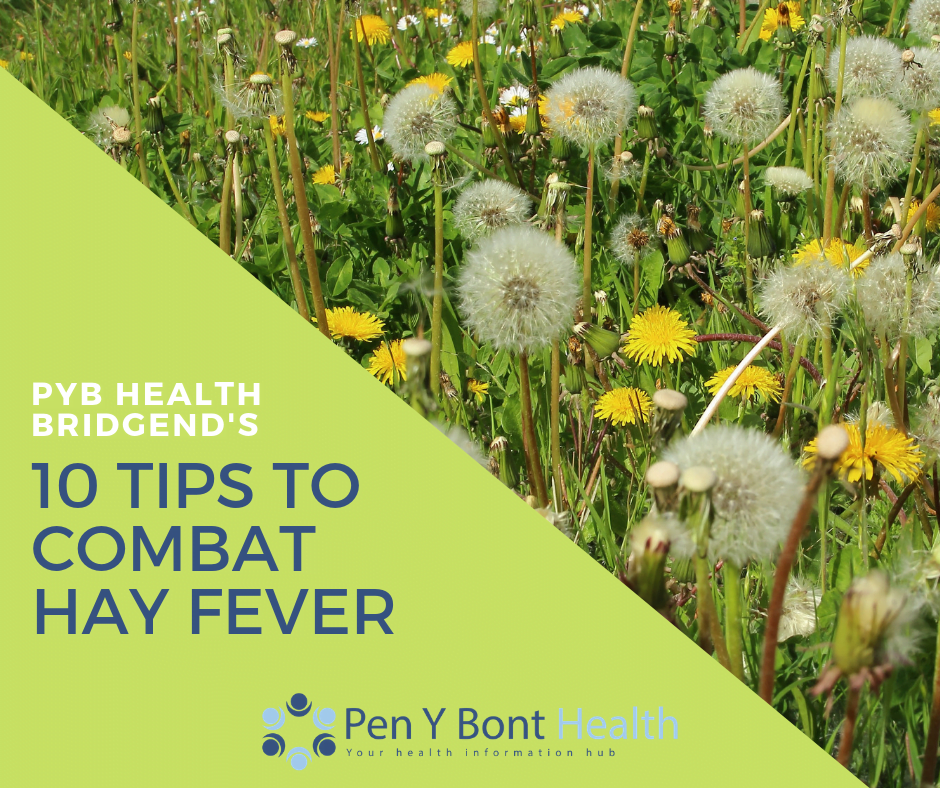 | |
| Hay fever season is here and I wanted to write about some good news for hay fever sufferers.For most people, the beginning of spring and summer is a time of brightness, blossoming excitement, and possibility. For 1 out 5 Americans, however, the arrival of spring and summer is met with apprehension and dread because it signals the beginning of allergy season. Seasonal allergies (or hay fever, known medically as Allergic Rhinitis) affect more than 22 million Americans (and over 70 million people world wide), making it the 6th most common chronic illness in the United States. If you suffer from hay fever, or know someone who does, you know how pervasive and uncomfortable the symptoms can be. Symptoms can include itchy, watery eyes; runny nose; sneezing; sinus headache; and inflamed sinuses. The term “hay fever” is misleading because it is not caused by hay, and there is no fever involved. Hay fever is an allergy that is usually triggered by pollens and/or molds. Ragweed pollen accounts for about 75 percent of hay fever in the United States. If hay fever develops in the spring, it’s more than likely due to tree pollen. If it develops in the summer, weed and grass pollen are usually the cause. An allergy is often an over-reaction by the immune system in response to a foreign substance that is interpreted as dangerous. This foreign substance is then known as an “allergen.” The allergic person forms antibodies against pollens and other allergens, and this process leads to the cellular release of the chemical histamine. When histamine is released in the body, it gives rise to itching, sneezing,congestion..the hallmark symptoms of hay fever. there are many natural treatments that can offer significant relief. Acupuncture and Chinese herbal medicine can greatly help with the symptoms of hay fever. Because acupuncture helps to balance a person systemically, the immune system becomes strengthened, thus lessening one’s susceptibility to allergies. As stated previously, it is the release of histamine in the body that gives rise to the symptoms of hay fever. This is why sales of antihistamine medications are at an all time high. Given their name, one might assume that antihistamines prevent or lower the production of histamine. Actually, they don’t — antihistamines merely block the action of histamine at receptor sites. What this means is that the heightened histamine levels in the person having an allergic response actually stay high, even though they may be experiencing less of the classic hay fever symptoms. High histamine levels, however, can give rise to fatigue, irritability, and an even weaker immune system in the future! Antihistamines also often produce side effects such as dizziness, drowsiness, and even depression. Herbs and certain vitamins offer a very good alternative to antihistamine medications. Nettles is an example of an herb that actually lowers histamine levels, which helps with the tiredness and irritability associated with hay fever. This herb have been shown to significantly reduce inflammation of mucous membranes, thus reducing symptoms of eye tearing and itching, runny nose, sinus congestion, and cough. Vitamin C and quercetin (a flavonoid) also help to lower histamine levels, and quercetin in particular has been shown in numerous studies to be very helpful in reducing allergy symptoms. As always, it is recommended that you consult with an experienced herbalist to put together a customized and safe treatment plan. Other natural treatments for hay fever include homeopathy, which has many safe and effective remedies to treat allergic symptoms; and therapeutic massage, which can support the immune system by assisting lymphatic drainage. The arrival of spring and summer should ideally be a welcome time of flowering beauty and increased outdoor activity. If, however, you dread the blossoming of nature due to seasonal allergies, there are many natural treatments that can help you enjoy spring and summer in better health. | |
